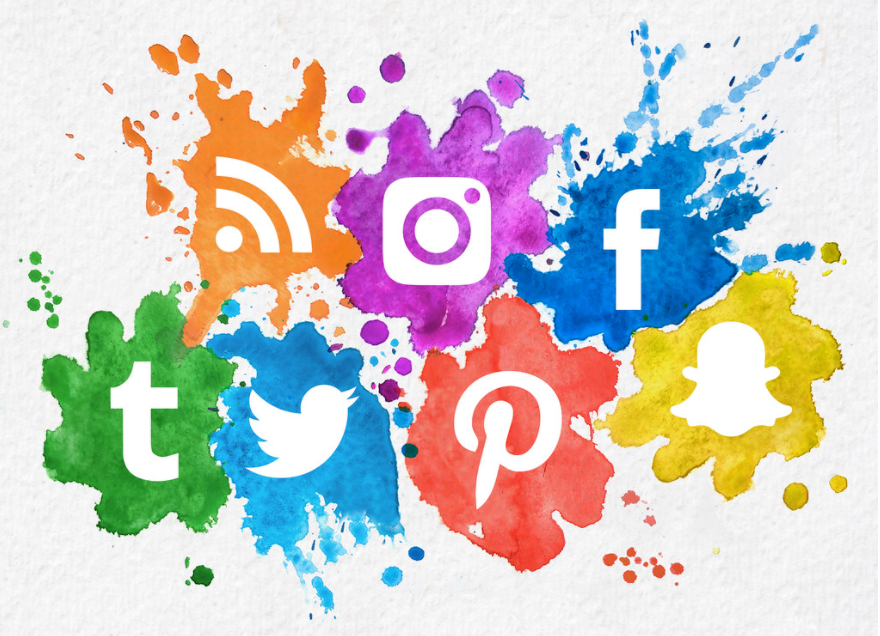Social networks have become the foundation of online engagement in the ever-expanding world of digital connectedness. It have come a long way from their humble origins as online gathering places to their current position as influential platforms influencing society. We’ll examine its past, present, and future in this blog article, as well as how they might strengthen communities, promote human connections, and influence cultural shifts.
Social Networks Inception
Pen friend clubs, neighborhood associations, and social events are examples of early social groups that existed before the Internet. But social media sites didn’t take off in the digital world until the internet was developed.
Sites like Friendster, MySpace, and Six Degrees helped create the foundation for the global phenomenon that would emerge in the late 1990s and early 2000s. Though in a more basic format than what is seen now, these early social platforms enabled users to exchange material, connect with friends, and establish profiles.
Social Media Giants’ Ascent
The advent of social media goliaths that would eventually rule the digital space occurred in the middle of the 2000s. When Mark Zuckerberg launched Facebook in 2004, it completely changed the way people interacted online by providing a wide range of options for networking, chatting, and sharing material. With its quick ascent, social networking entered a new age. Twitter, which was established in 2006, popularized the idea of microblogging by enabling users to exchange brief messages with
Effects on Society and Communication
The spread of social networking sites has had a significant impact on social dynamics and communication. These platforms have made it possible for people to communicate their ideas, opinions, and experiences with a worldwide audience, democratizing the dissemination of knowledge. Social networks have made it easier for like-minded people to get together online and build communities based on common identities, values, and interests. These communities have the power to transcend geographic barriers and promote solidarity.
Difficulties and Debate
Social media platforms have come under fire and examination despite their potential for transformation. Concerns regarding the darker side of online connectivity have been highlighted by issues including algorithmic prejudice, misinformation, cyberbullying, and privacy breaches. Social media businesses’ monetization of user data has spurred discussions about digital privacy rights and data protection laws.
Furthermore, the spread of false information and echo chambers on social media platforms has exacerbated division and mistrust of established media outlets. Social media’s addictive qualities have sparked concerns about the negative effects of excessive screen time on mental health, especially for younger users.
Social Networks Future
They are set to change even more in the years to come as they develop further. Technological innovations like blockchain, virtual reality, and artificial intelligence have the potential to completely change how people interact socially online. These developments could improve content control, improve user experience, and slow the spread of false information.
Social media networks have also been crucial in forming political movements, influencing public debate, and advancing cultural trends. Social media has acted as a catalyst for social change, strengthening underrepresented voices and holding institutions responsible, from the Arab Spring to the #MeToo movement.
The use of social networks has completely changed how we interact, communicate, and interact with the world around us. It has become an essential element of modern life. It has come a long way, from modest beginnings to their current domination, and in the process, they have shaped society. They offer never-before-seen possibilities for expression and connection, but they also present problems that need to be solved to guarantee a responsible, inclusive, and safe online community. It is obvious that social-media evolution will continue to have an impact on how we communicate, work together, and share our experiences in a world where connections are becoming more and more frequent.

